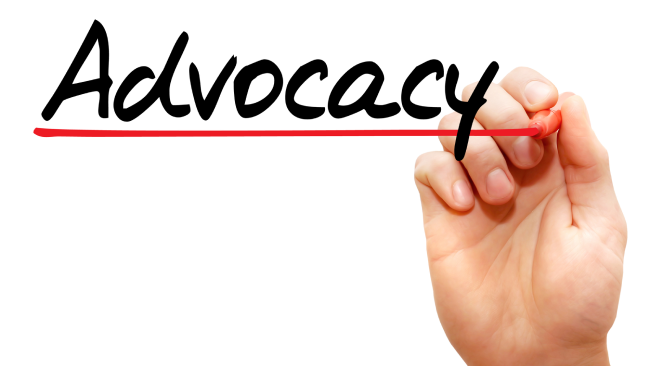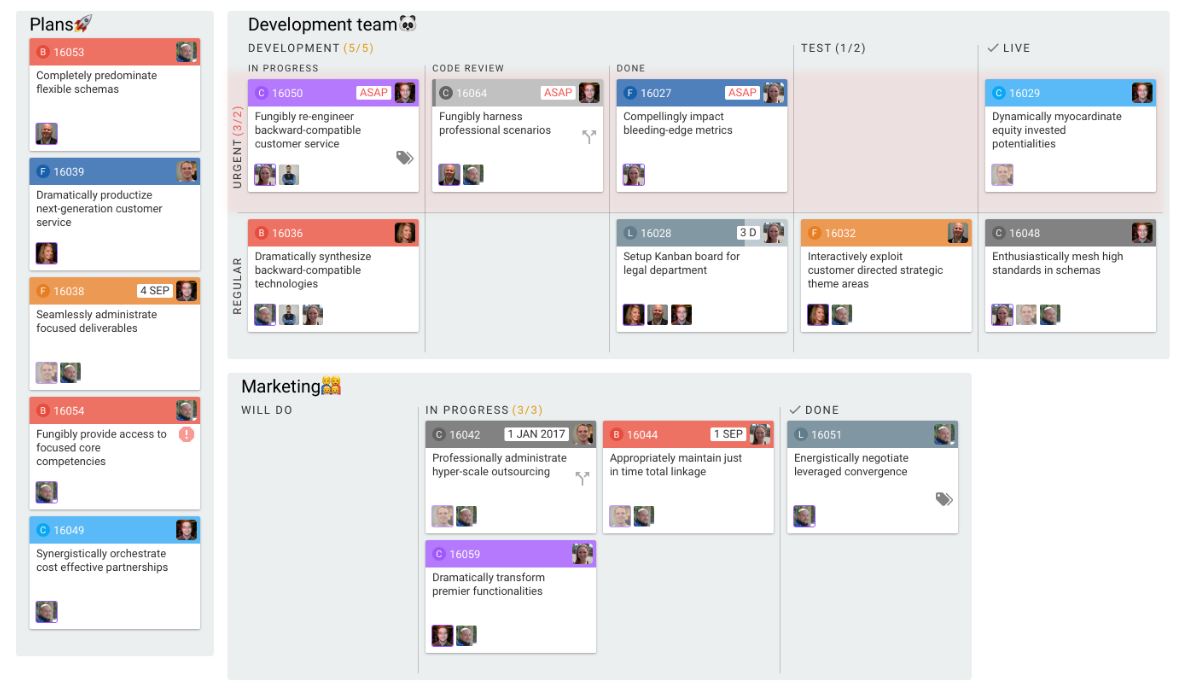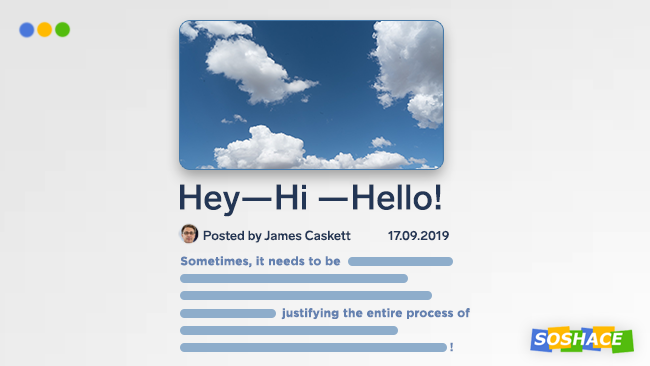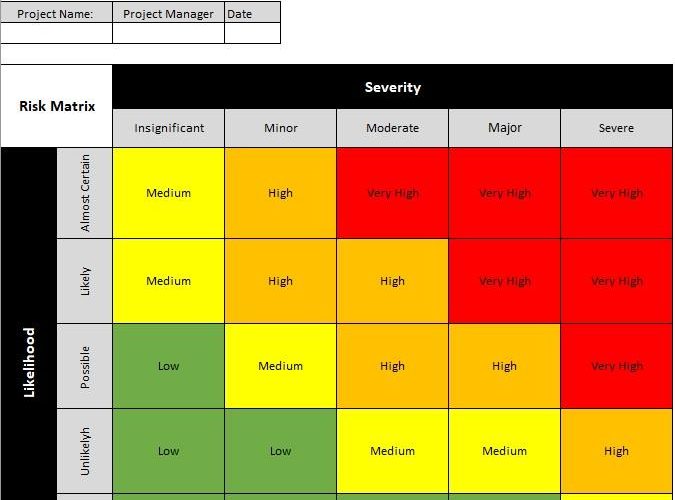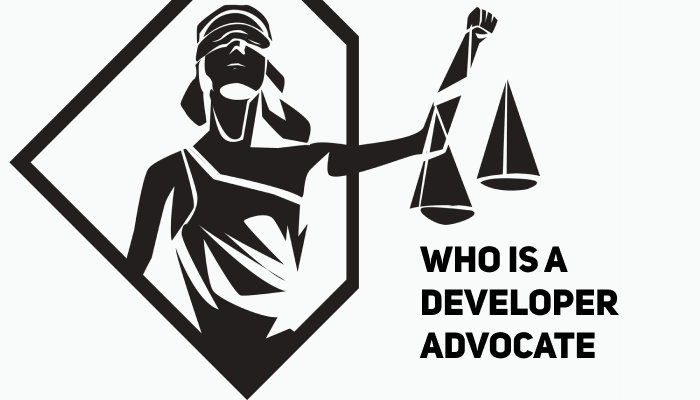
What’s advocacy and how does it relate to web development? Is a developer advocate just another fancy term for a technical evangelist, technical leader, or a senior software engineer? Is advocacy just a nice trendy name currently in fashion? Or is it one of those vocables that have entered the web development terminology for good? These and other questions, we’ll attempt to answer within this piece.
What is advocacy?
Before we delve deeper into development terminology, let’s briefly define advocacy and describe its original meaning.
The term advocacy is as old as the world, its history going way back to Romans and Greeks, thousands of bygone years of ancient political regimes. Both Caesar and Cicero being the greatest Roman lawyers and advocates, would write public speeches pleading their causes, climb on stage and perform in public by celebrating the written and spoken word, basic human rights, and advanced political agendas.
The term ‘advocacy’ derives its roots from Latin ‘advocare,’ which means ‘to call out for support.’ In modern history, the earliest advocates appeared in the 18th century England with the advent of socio-economic changes and widespread proletarianization of huge masses of the population.
Throughout the 19th century and significant industrialization of the US, Americans went through a series of great reforms and movements, such as abolitionism, women’s rights, educational equality, which later spread far away past the American geographical borders, enveloped other countries, and permeated the minds of foreign advocates. Then there were gay and civil rights advocates, peace, anti-nuclear, environmental, antiglobalization, and global citizenship movements. Advocacy has long entered common workplaces with labor unions and social work, various workers’ and employees’ organizations.
The web development community has only relatively recently joined in the advocacy movement, but even then has already garnered major interest within developer circles and a huge herd of dedicated followers. And that is non-surprisingly: the community had long been complaining of the inadequate representation of some groups of the population, discrimination based on gender and sexual orientation, lack of understanding and miscommunication between development teams and senior management. Moreover, communication among developers themselves due to the inherently solitary nature of work and remote circumstances can be stifled, unproductive, or ineffective. However, developer advocacy doesn’t necessarily address these issues, which is unfortunate, the responsibilities do vary across companies. Let’s dive into that further on below.
What is a web developer advocate?

Depending on the company, a web developer advocate can be more of a sales representative and a presenter per se, of the software, company, or even the whole community. Developer advocates are oftentimes those seen presenting their code or demo apps at the tech conferences and meetups, while also blogging, coding, spreading the word about their companies, and building a network around it.
While the job responsibilities and the name of roles vary, developer advocates essentially represent software developers. Nevertheless, developer advocates are also those that are perceived as the voices of end-users. If that sounds a little messed up, then perhaps because it is — again, as I mentioned earlier, duties of an advocate will vary immensely.
Most developer advocates have very strong backgrounds in software development and engineering and contributed to open source (even became maintainers of projects). Moreover, those people tend to have very strong soft skills and established popularity within the community (the latter is a little disputable, but developer advocates quickly gain following after just a couple of tech conferences, when they become familiar to the community and recognizable in general).
Developer advocates also do not disregard documentation, in fact, they help write it, sharing their knowledge about things they learn from others during meetups and conferences, having gathered feedback from developers.
Let’s combine all said above and pinpoint exactly what some of the responsibilities of a developer advocate can include.
What does a developer advocate do: roles and responsibilities

A developer advocate …
- Is a professional with strong software development and engineering background
- Represents software developers, advocates for their interests, educates, and contributes to the development of software
- Helps write documentation
- Helps developers use technology successfully
- Has strong soft skills including public speaking
- Attends conferences, meetups, gives workshops
- Gathers feedback from developers
- Builds a network around the company
- Engages in a developer community: by blogging, tweeting, making videos, podcasting, participating in slack/twist channels, answering questions on Linkedin, StackOverFlow, committing on GitHub, etc.
- Hosts/sponsors/attends hackathons, user groups, etc.
Developer Advocate vs Technical Evangelist
While opinions may vary, a developer advocate fulfills the same role as a technical evangelist. In fact, the “advocacy” part comes from some people in the community feeling uncomfortable with using religious titles while referring to technical positions. Thinking of political correctness, it’s advisable to use more appropriate and less sensitive words while naming positions and construing job descriptions. Hence, an ‘advocate’ is more pertinent and applicable than an ‘evangelist.’
Developer advocate career path: How do you become a developer advocate?

Some basic requirements for a developer advocate job:
- BS degree in Computer science is preferred but not required
- Several years in app/web development and UX
- Knowledgeable in software
- Strong engineering skills
- Established presence within the developer community is preferable but not required
- Strong verbal and written skills are a must
- Comfortable with public speaking
- Strong sharing and empathy skills
- Leadership skills
- An avid and curious learner
Sounds like a 10x engineer, right? Well, not exactly 😉 perhaps, quite the opposite: an outgoing and communicative engineer with a passion for both a product and its end users. If that description suits your personality, then perhaps, developer advocacy is a job for you.
The ultimate list of reading resources on developer advocacy and leadership

Here’s a list of resources we’ve prepared for you to better understand the role, responsibilities involved, as well as practical tips and theoretical advice on improving your soft skills in case you need to prepare yourself for a developer advocacy job.
- How I Became a Developer Advocate, a story on freecodecamp.org
- What Exactly Developer Advocates Do, a story on keyvalues.com with a bunch of renowned developer advocates sharing their stories
- Differences Between Evangelism and Advocacy (while here, the author argues that they are inherent differences, in fact, it all comes back to the same roles)
- Public Speaking for Engineers, a video course on Udemy
- A Handbook of Public Speaking for Scientists and Engineers by Peter Kenny, a timeless classic on public speaking, a short but very beautifully written book from the past century
- The Art of Public Speaking by Dale Carnegie, another classic on the art of speaking and self-development
- Soft Skills for Engineers, a short course on study.com
- The Manager’s Path: A Guide for Tech Leaders Navigating Growth and Change, although the book tells the journey of a tech lead turned CTO, it still contains valuable advice on becoming a better leader
- Managing the Unmanageable: Rules, Tools, and Insights for Managing Software People and Teams, another book on management and leadership skills tailored specifically to the field of software development
- Mature Developers, an interesting thoughtful piece on qualities that differentiate a mature from an immature developer.
In conclusion, it’s worth noting that while the lifestyle of some developer advocates might seem luxurious and affluent, it’s actually a lot of work, exhaustion, jetlag, and sometimes even loneliness. Again, the description is not one size fits all, but what’s universally true for the role is a passion — an immensely authentic passion for community and software the advocates represent.



